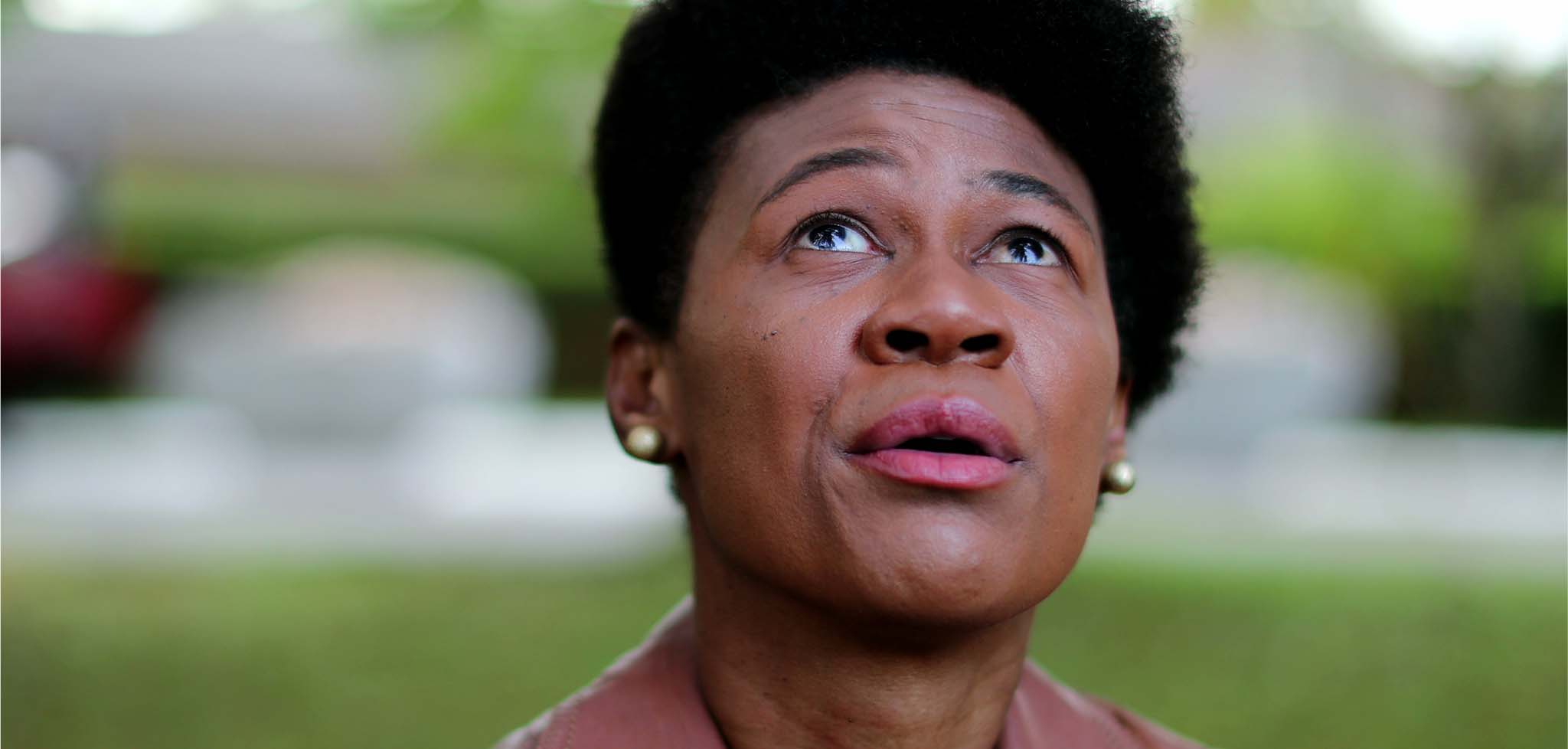ChatGPT only contributed part of this blog
I asked ChatGPT about growing anxiety in our society. There was much shared instantaneously. Broadly, there are anxieties about money, inflation, careers, health, the environment, politics and social fractures, about war, and about the future generally. And, of course, the list can be expanded to include meteor strikes and such. It is fed by a 24/7 news cycle. And then there are the personal challenges each of us faces. Anxiety is growing.
Jesus is quoted in the New Testament as having said “Be not anxious.” I asked ChatGPT to write a few paragraphs on those words. It observed that Jesus was encouraging followers to let go of unnecessary worry and to trust in a higher power. Jesus was also highlighting the futility of excessive preoccupation with material needs and the burden such worry creates. But ChatGPT didn’t end simply with a diagnosis of the problem of anxiety.
ChatGPT went on to suggest positively living more in the present moment,
understanding that God cares for us, and living with a greater sense of purpose. It used the context of Jesus’ words in the sermon on the mount to construct positive steps. Ultimately, ChatGPT concluded, Jesus’ words reflect a profound spiritual perspective that transcends immediate challenges.
Honestly, it seems a rather thoughtful reflection, though there isn’t any “thought” put into it at all. Instead, it is a collection of information assembled in a coherent manner in moments. It also is quite good.
I was struck as I read what ChatGPT had assembled on anxiety, and how praying the Lord’s prayer, a part of the teaching material in the sermon on the mount, can actually help move us from a place of anxiety to greater awareness of a bigger frame for life (perspective), to acknowledgement, but not worry, about the things we need and to a sense of purpose for the life we have received.
It doesn’t eliminate the concerns and needs of life nor does it deny them. But it invites us to look at life differently, replacing the energy lost in anxiety with awareness of God’s care for us and with creative and constructive efforts to use our life well.
There is a deep wisdom in the teachings of Jesus that ChatGPT can express but doesn’t understand.
Perhaps that can be a human problem as well. Sometimes, we need, as Pascal suggest, simply to live into the practices of faith and let the experience of living by faith touch and bless our life.
Meanwhile, ChatGPT has itself emerged as a source of new anxiety for teachers! It makes plagiarism easier and more difficult to detect. Despite its programmed modesty, it will undoubtedly impact our future. Perhaps it can also challenge us to ask better questions.
